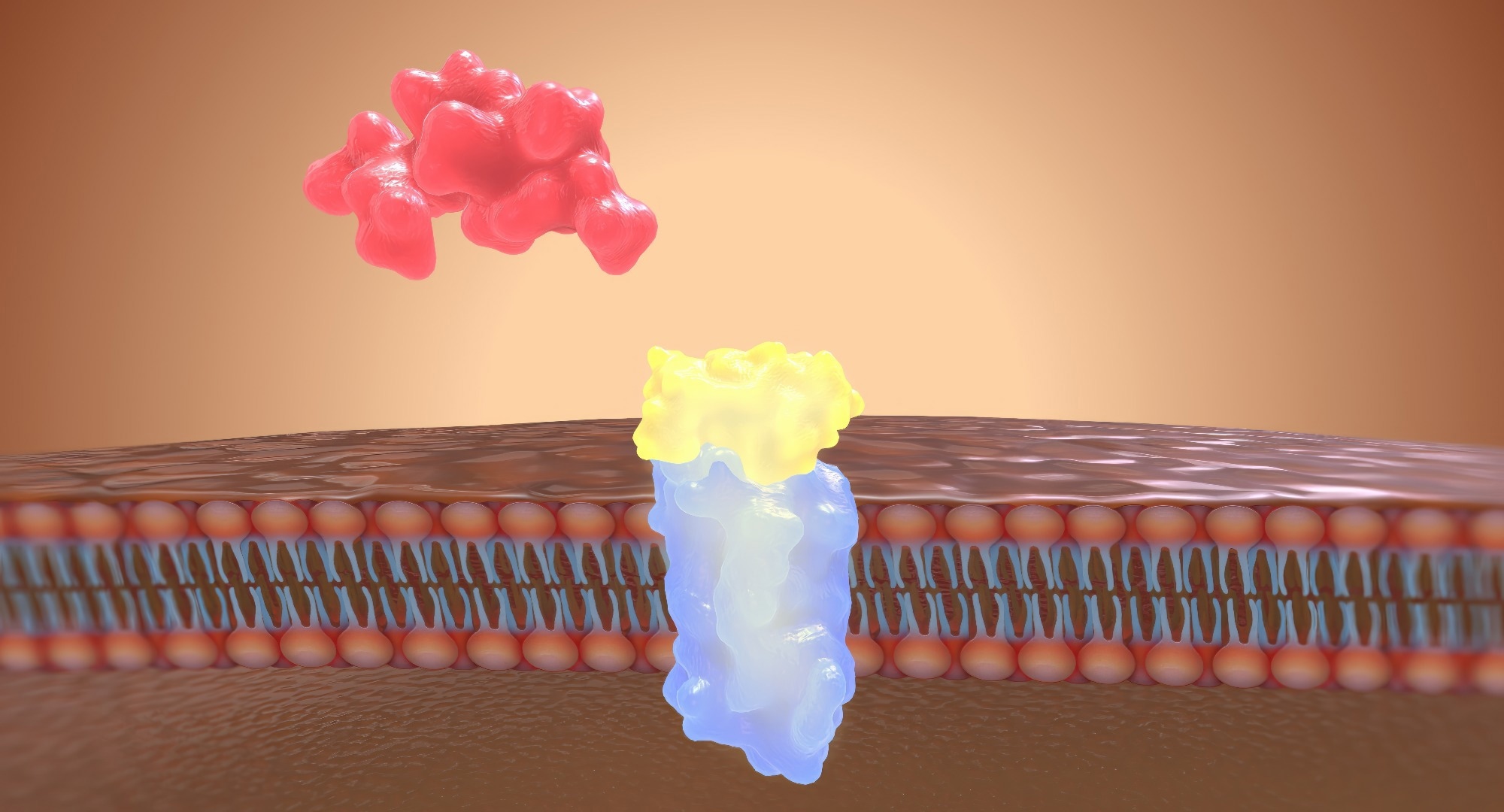A class of drugs already on the market to lower blood pressure appears to reduce adults' risk of developing epilepsy, Stanford Medicine researchers and their colleagues have discovered. The finding comes from an analysis of the medical records of more than 2 million Americans taking blood pressure medications.
 Study: Angiotensin Receptor Blockers for Hypertension and Risk of Epilepsy. Image Credit: aipicte / Shutterstock
Study: Angiotensin Receptor Blockers for Hypertension and Risk of Epilepsy. Image Credit: aipicte / Shutterstock
"This is incredibly exciting because we don't currently have any medicines that prevent epilepsy," said Kimford Meador, MD, a professor of neurology and the neurosciences and the senior author of the paper. "I hope these initial findings lead to randomized clinical trials."
Preventing seizures after a stroke
While epilepsy is often diagnosed during childhood, more than 1% of people over age 65 are diagnosed with the recurring seizures that characterize the disorder. These seizures can temporarily disrupt the brain's function and cause various symptoms.
In older adults, the most common risk factor for developing epilepsy is stroke; about 10% of stroke survivors experience seizures within five years. Vascular disease and chronic high blood pressure, even in the absence of stroke, also boost epilepsy risk.
"This can be a very debilitating disorder, and it's much more common in older adults than people realize," said Meador, a member of the Wu Tsai Neurosciences Institute.
Although anti-seizure medications can be used to control epilepsy after diagnosis, no drugs are approved to prevent epilepsy in people at high risk of developing the disorder.
During the past decade, however, studies have suggested that one type of blood pressure medication might help quell seizures because of its ability to tamp down inflammation. This aspect would be particularly apt for preventing seizures that follow stroke or traumatic brain injuries, as both cause brain inflammation that can trigger epilepsy.
In 2022, a study of more than 160,000 people in Germany found that people taking angiotensin receptor blockers, one of the multiple classes of drugs prescribed to treat high blood pressure, had a diminished risk of developing epilepsy. The drugs block certain hormone receptors, lowering blood pressure and decreasing inflammation in blood vessels and other organs -including the brain.
"Those results out of Germany echoed what had been found in animal studies and seemed very promising, but I felt that it was important to reproduce that analysis using data on people in the U.S.," Meador said.
A more extensive, broader data set
For the new study, Meador and colleagues at the University of Rhode Island turned to a national database that includes information on healthcare claims from more than 20 million Americans enrolled in either commercial health insurance plans or Medicare, a group more racially diverse than that in the German study. They focused their analysis on 2.2 million adults who had been diagnosed with high blood pressure, were prescribed at least one high blood pressure medication, and did not already have epilepsy.
Overall, people taking angiotensin receptor blockers had a 20% to 30% lower risk of developing epilepsy between 2010 and 2017 compared with people taking other blood pressure drugs. This difference held true even when patients with strokes were removed from the analysis, suggesting that the lower rates of epilepsy were not a result solely of a decreased risk of stroke.
"What we've done is replicate what was found in Germany but in a larger and completely different population," Meador said. "That really increases the strength of the signal and tells us that there's something real going on here."
The data also indicated that one particular angiotensin receptor blocker losartan had the most powerful effect on lowering epilepsy risk, but the researchers said more work is needed to confirm that.
Toward clinical trials
All blood pressure medications likely have an impact on decreasing epilepsy risk because high blood pressure is a contributing factor to epilepsy. Keeping blood pressure under control through any combination of antihypertensive drugs and lifestyle factors can, therefore, lower a person's chance of developing epilepsy, Meador said.
However, new research suggests that angiotensin receptor blockers might be more beneficial than other antihypertensives for patients, reducing the risk of epilepsy. In the new study, about 14% of people taking a blood pressure drug took angiotensin receptor blockers. In contrast, most took other classes of medications to control their blood pressure, including beta-blockers, calcium channel blockers, and angiotensin-converting enzyme inhibitors.
"This could be a new chapter in the story of preventive medicine," Meador said. "There are so many people with stroke or high blood pressure; knowing that this class of drug not only lowers blood pressure but also helps lower their epilepsy risk could change how we treat them."
However, Meador added, randomized clinical trials are needed to prove the association between angiotensin receptor blockers and reduce epilepsy risk before treatment guidelines change.
Researchers from Brown University were also involved in the research.
The researchers have no outside funding sources or conflicts of interest to disclose.
Source:
Journal reference: